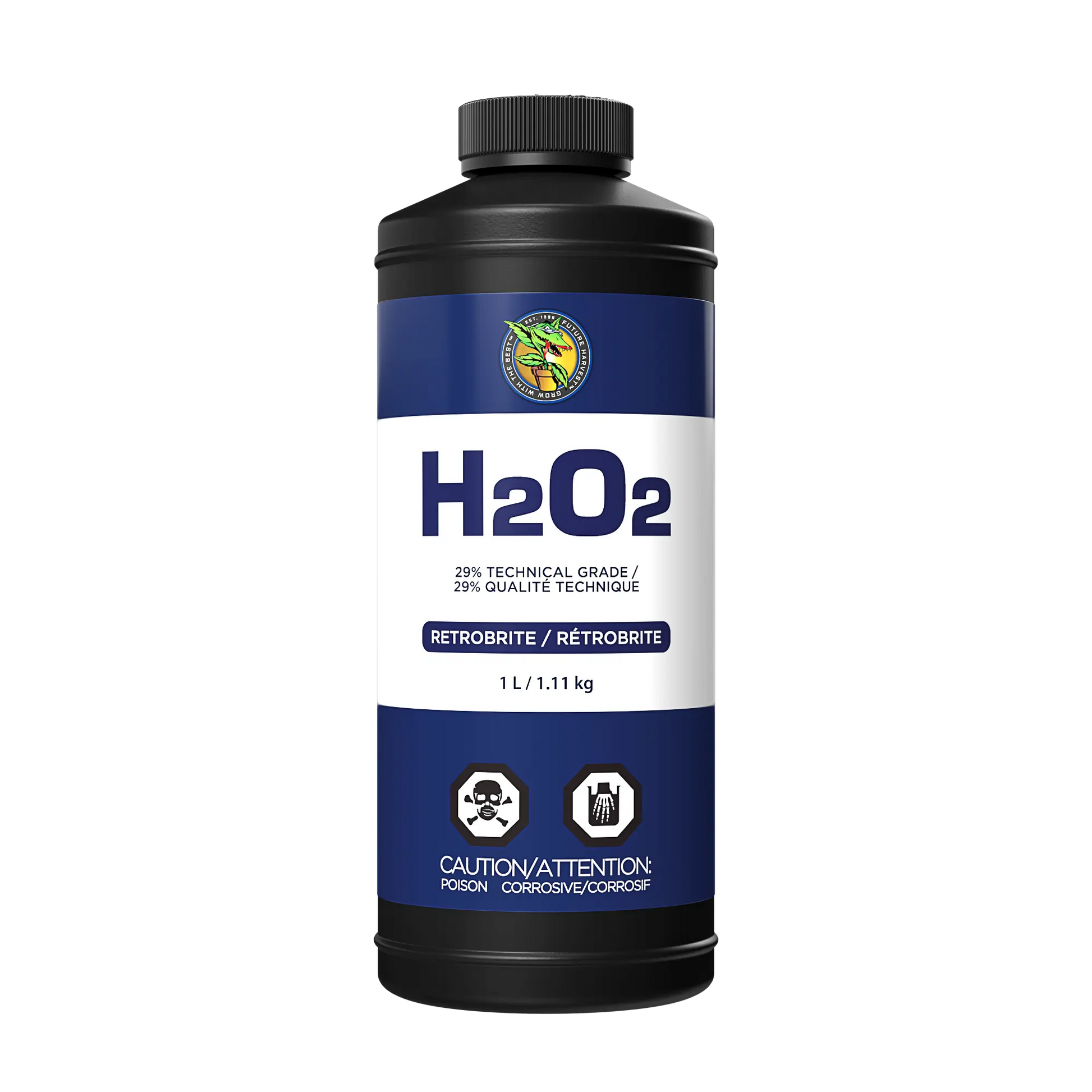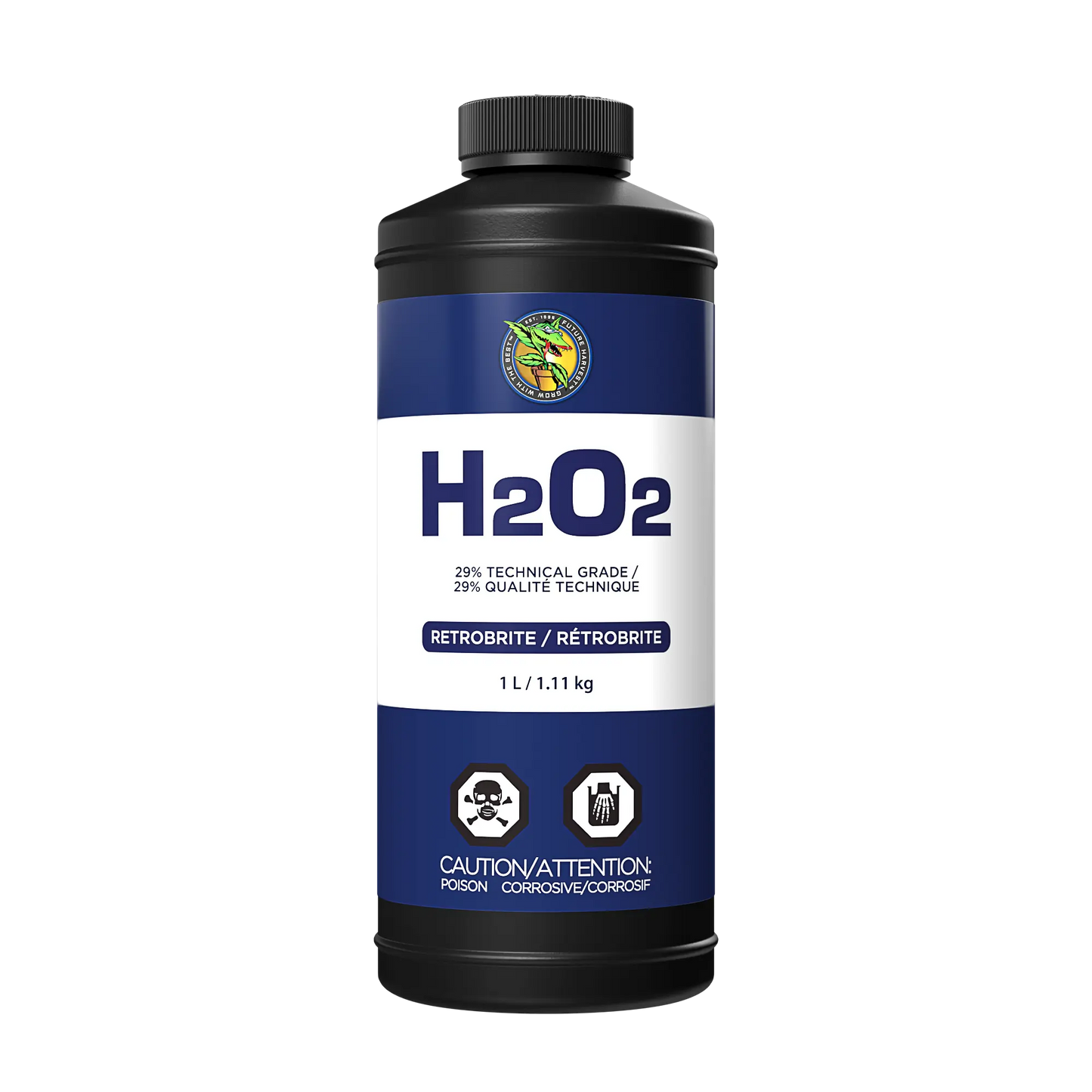Questions & Answers
Have a Question?
-
For 1l what would the total cost to SHIP to Edmonton AB cp t5e4j3
Hi John,
To ship a 1L of H202 to Edmonton it would be around 20 dollars. If your order is over 100.00 CAD (before tax) then shipping is free.
And if you ever need an approximate shipping cost in the future, simply add an item to your online cart, go to checkout, submit your address information and it'll give you a shipping estimate.
Thanks and have a phenomenal weekend!
-
What is the UN # on your hydrogen peroxide ?
Hi Tionna,
The UN number of our H202 or both domestic transportation and ocean transportation is: UN2014
You can find SDS and PDS info of all our products in the Downloads section of futureharvest.com (under the feed schedule) or by copying and pasting this link to our downloads page https://futureharvest.com/pages/downloads
Thanks for the question, and have a phenomenal week!


